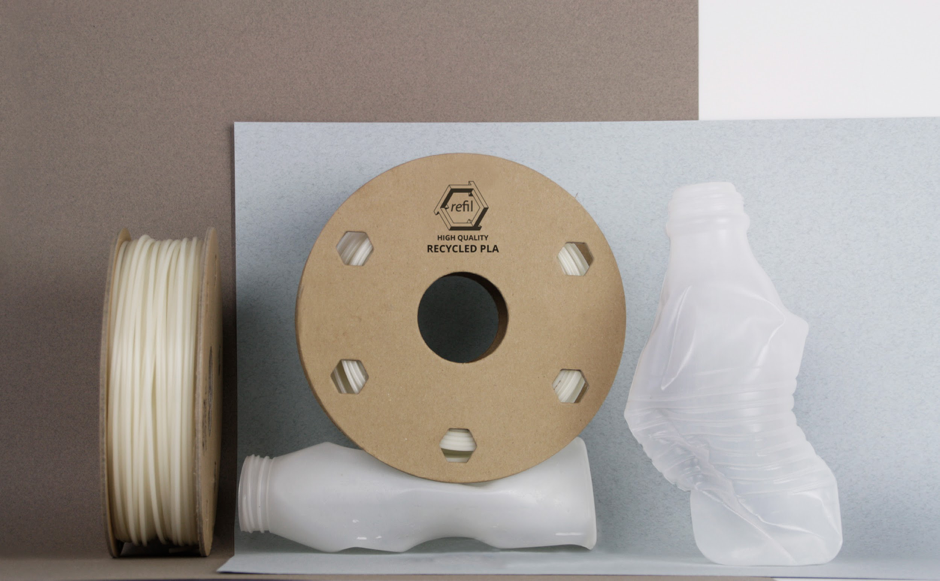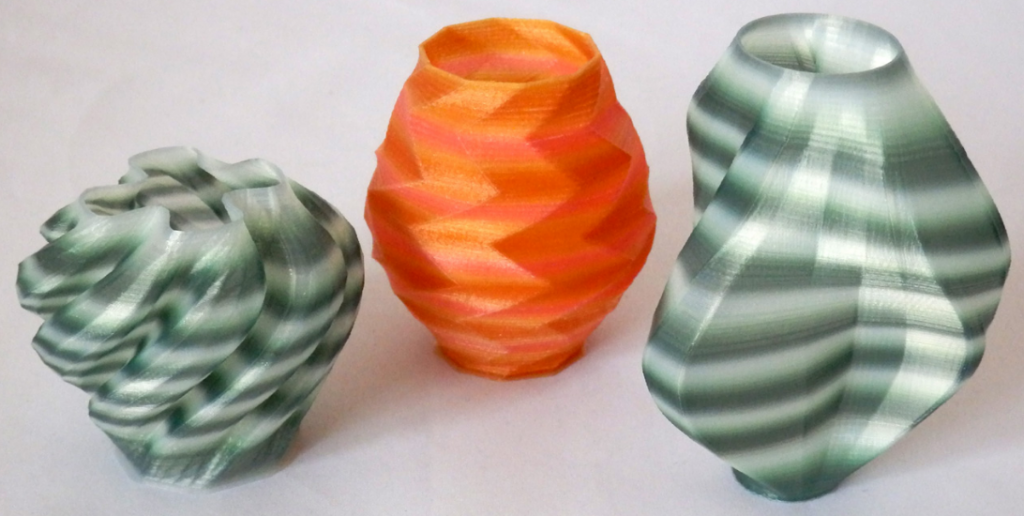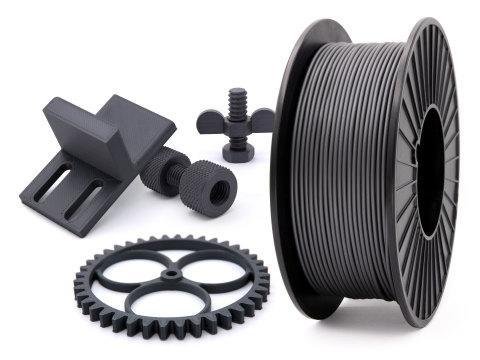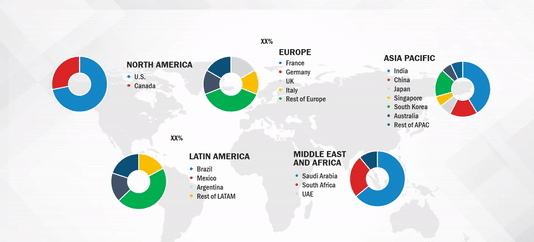Refil, a Dutch startup run by alumni of Delft University of Technology and members of the Better future factory The design studio has launched its latest PLA filament made from fully recycled yogurt pots.
The new PLA 3D printing material has the same properties as the newly manufactured “virgin” filament and, according to the company, is suitable for both beginners and professional users of 3D printing.
From the raw material to the filament, Refil uses yoghurt pots like these for creative and environmentally friendly use. Photo via Refil.
A better world, one yogurt at a time
Refil tries to address what it describes as “the plastic problem”. Plastic is made from large amounts of oil and natural gas, which are limited natural resources that provide the raw monomers used to make plastic. A lot of plastic also ends up in landfills or in “plastic soup” in the oceans, affects animal ecosystems and contributes to climate change.
Each new spool in Refil’s new filament series is made from 750 grams of recycled plastic. The refining process used in making the filament spools reduces noxious fumes as the filament melts. The spools that hold the filament are made from recycled cardboard.
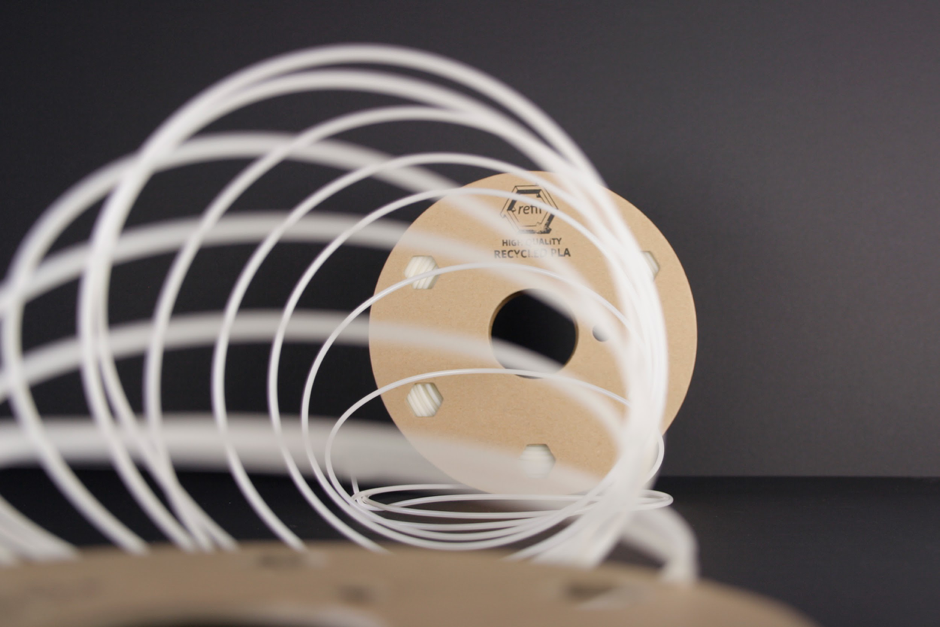
The filament
The 3D printer filament is available in a natural white color and is suitable for printing at 210 ° C. The standard diameters available are 1.75 mm and 2.85 mm. Tests by Refil showed minimal warping and slight adhesion of the print bed to the material.
Another ecosystem saved
Refil previously created 3D printing filaments from the dashboards of old cars. The project, which started after a successful Kickstarter in 2015, includes Shredding the used car dashboards, melt them and then turn them into PLA filament, which is also suitable for 3D printing via FFF.
That same year, Refil got a boost after Dutch OEM Ultimaker announced its support for the company Perpetual Plastic Project.
Similar projects for the production of 3D printing filaments from recycled plastics have been started by The plastic bench, Filacycle, and Reflow.
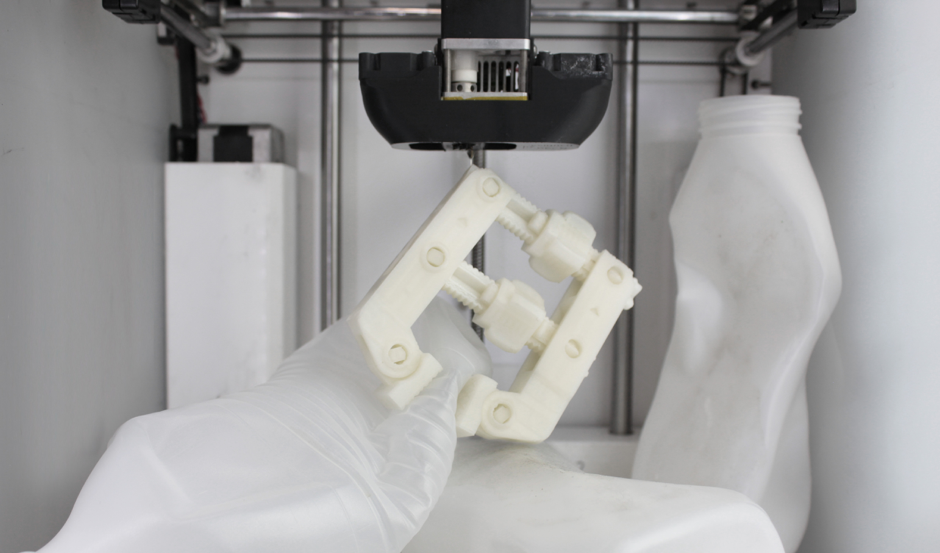
For more information on eco-friendly 3D printing projects, visit Subscribe to our free newsletter for the 3D printing industry, Follow us on Twitterand how we on Facebook.
The image shown shows a recycled spool of filament with empty yogurt pots and examples of what can be printed from it. Photo via Refil.
